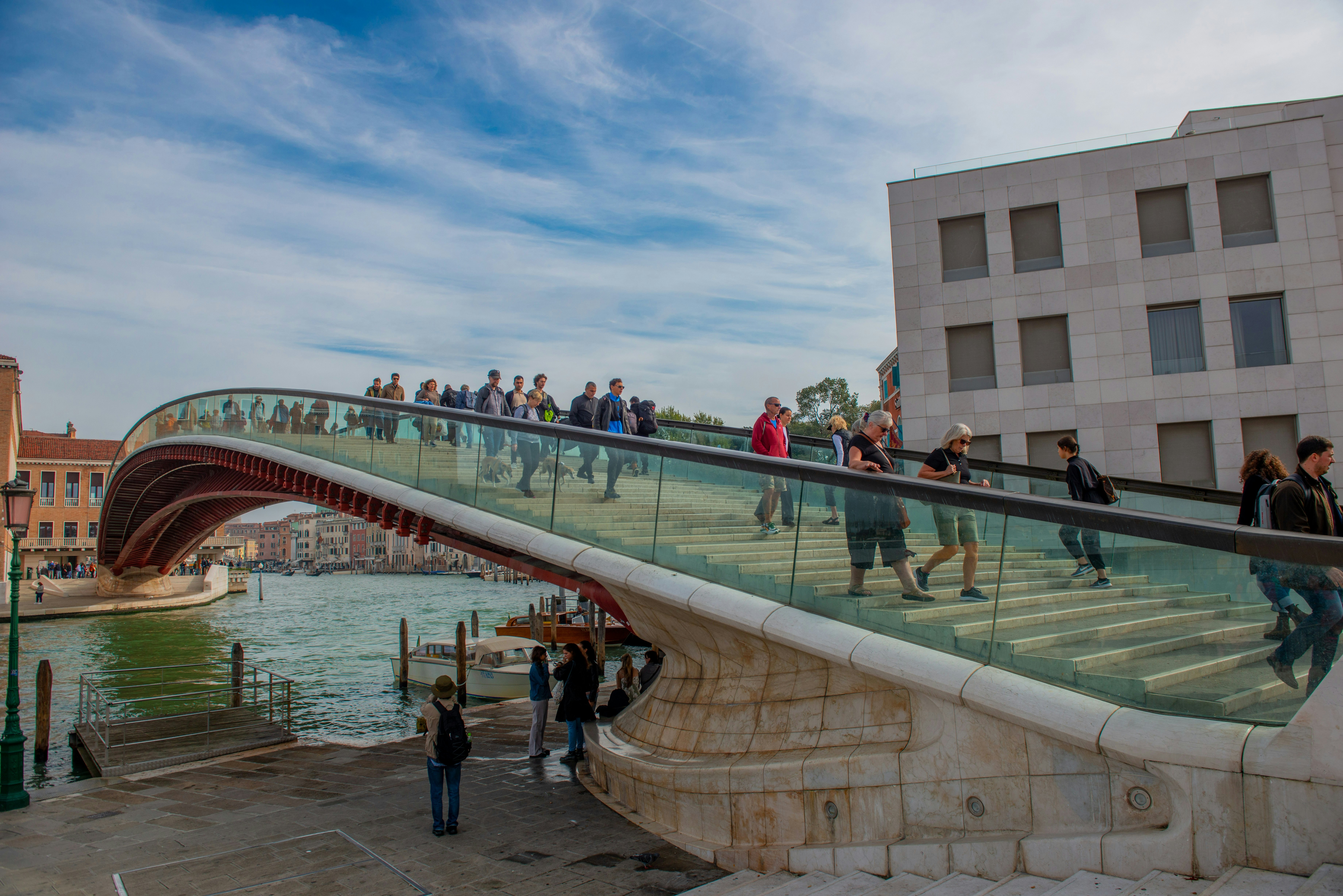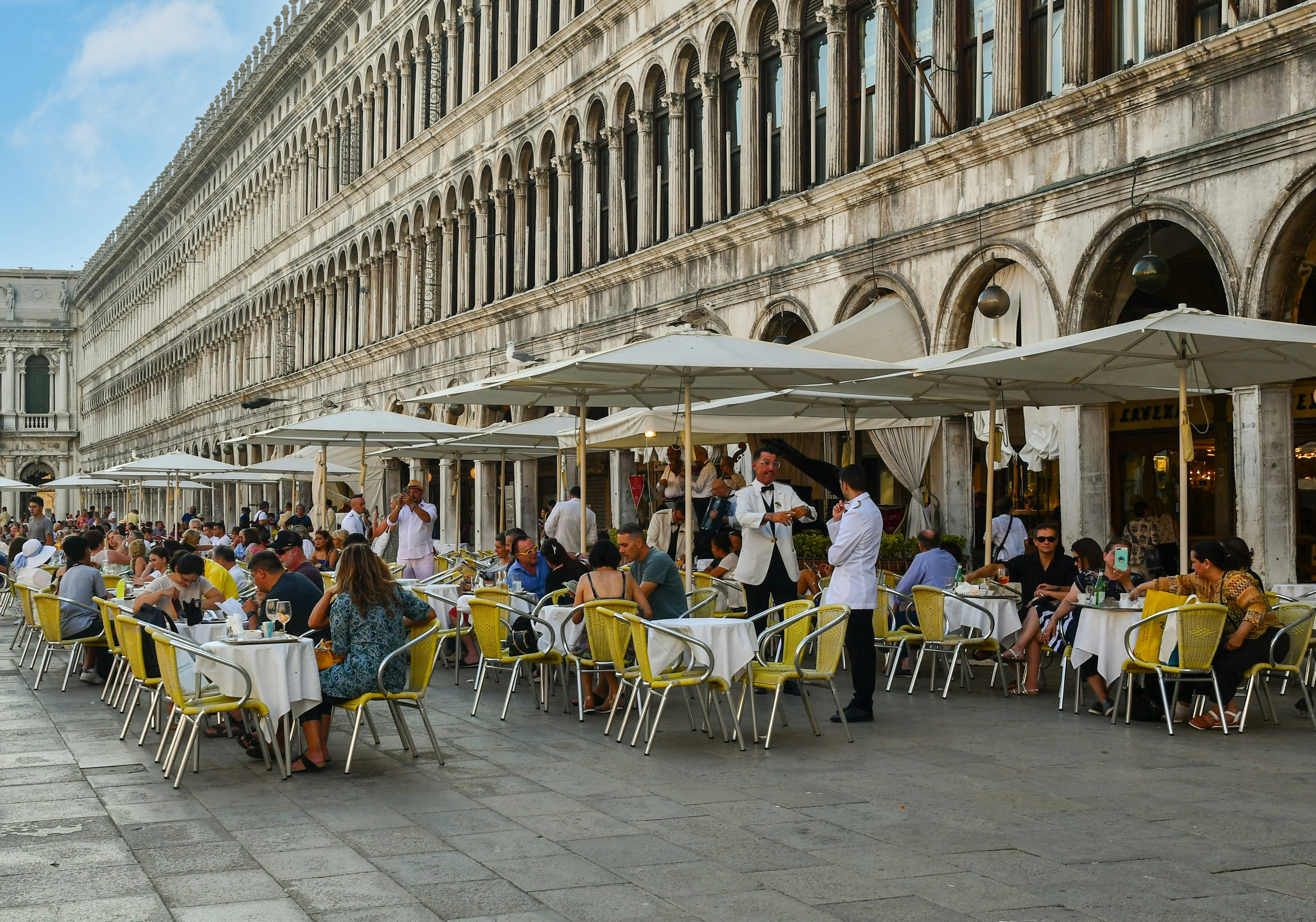The Venice Access Fee: here's what visitors need to know



Ponte della Paglia. Apexphotos/Getty Images
Heading to Venice? The Venice Access Fee, which premiered in 2024, was reintroduced in 2025. Aimed at day-trippers, the charge is part of an ongoing battle against overtourism. For the fragile lagoon city, it’s an existential crisis – the relentless influx of tourists places serious strain on both infrastructure and local character. Officials, including Mayor Luigi Brugnaro, have championed the fee as a first-of-its-kind experiment to make Venice more livable.
Not everyone agrees. Matteo Secchi, from the residents’ group Venessia.com, has warned that the fee risks turning Venice into a “theme park”, stripping away its authenticity and offering little benefit to locals. Numerous critics see it as a token gesture; they argue that it fails to tackle deeper problems, including a shortage of long-term rentals as landlords prioritize more lucrative short stays.
Has the day-tripper charge actually worked so far? In terms of reducing visitor numbers, not quite. As reported in the Guardian, Venice recorded over 3.9 million overnight stays in its historic center in 2024 — an all-time high. Still, that’s a fraction of the 30 million visitors who squeeze onto its streets and canals each year, most for the day. What the fee has done is generate €2.4 million (US$2.7 million) for the city, funds earmarked to improve public services and infrastructure. Whether these investments will deliver lasting benefits to Venice and its residents remains to be seen.
If you’re planning a trip to Italy’s most enigmatic city, here’s what you need to know about the Venice Access Fee and other efforts to save La Serenissima from being loved to death.

What is the Venice Access Fee in 2025?
The Venice Access Fee (Contributo di Accesso a Venezia) is a €5 (US$5.75) charge applied to day-trippers entering the historic center during peak periods. The charge applies to visitors over age 14. The fee doubles to €10 (US$11.50) if bought within three days of the planned arrival date.
What days do I have to pay the Venice Access Fee in 2025?
Day-trippers had to pay the entry fee on 54 peak days in 2025, almost double the number of applicable days in 2024. These were mostly Fridays to Sundays between April 18 and July 27. The fee only applied from 8:30am to 4pm. Those arriving later for dinner or a concert didn't have to pay.
Who is exempt from paying the fee?
Visitors staying overnight in Venice do not need to pay but still need to register to visit Venice via the online booking platform. Residents of Venice and the wider Veneto region do not pay either. People with disabilities, students enrolled to study in the city and people visiting the city for the day for health reasons, a sporting event or a concert are also exempt.

How do I pay the Venice Access Fee?
Day-trippers can pay the fee through the online booking platform. Upon booking, visitors receive a QR code that they can scan at electric turnstiles located at Venice's main entry points, including the main train station, to gain access to the city. Officials may also check for QR codes at random.
What are Venice’s other measures to manage overtourism?
The entrance fee is another cog in an ambitious and heavily monitored system that tracks the comings and goings of people in Venice. In 2022, the council installed a network of cameras, sensors, and mobile phone data in the city to keep track of visitor numbers and information.
This tracking system aims to identify areas where crowds gather and temporarily restrict access until the congestion eases, diverting people elsewhere to avoid blocking pedestrian traffic. Officials say that the tracking system gives them a clearer picture of the number of people passing through and allows them to predict when specific areas will get busy. They insist that it's done with “absolute respect for privacy.”
In response to UNESCO’s warnings about the damage caused by cruise ships, Venice banned large passenger vessels from the historic city center in 2021. Large ships are now redirected to mainland ports like Fusina and Porto Marghera, where passengers are usually transferred into the city by shuttle bus.
Is Venice restricting tourists?
No, the Venice City Council has previously said that it won't limit the number of visitors.

Are there any other rules I need to know about?
Yes. Venice has implemented various rules to maintain its cleanliness and heritage. These are enforced by the Venice City Council Municipal Police. Offenders face penalties ranging from a €25 to €500 (US$29 to US$579) fine or, in some cases, a ban from the city. Rules include the following:
Don’t consume food or drink on Piazza San Marco, unless at a bar or restaurant.
Do not sit on embankments, monuments or bridges.
Bicycles are banned (even if pushed by hand).
Only book tours with authorized tourist guides.
Never buy goods from unlicensed vendors.
Picnics are only allowed in the public gardens on this map.
Do not walk around in swimwear or bare chested.
Swimming in the canals is prohibited.
Do not litter or graffiti.
Do not feed the seagulls or pigeons.






